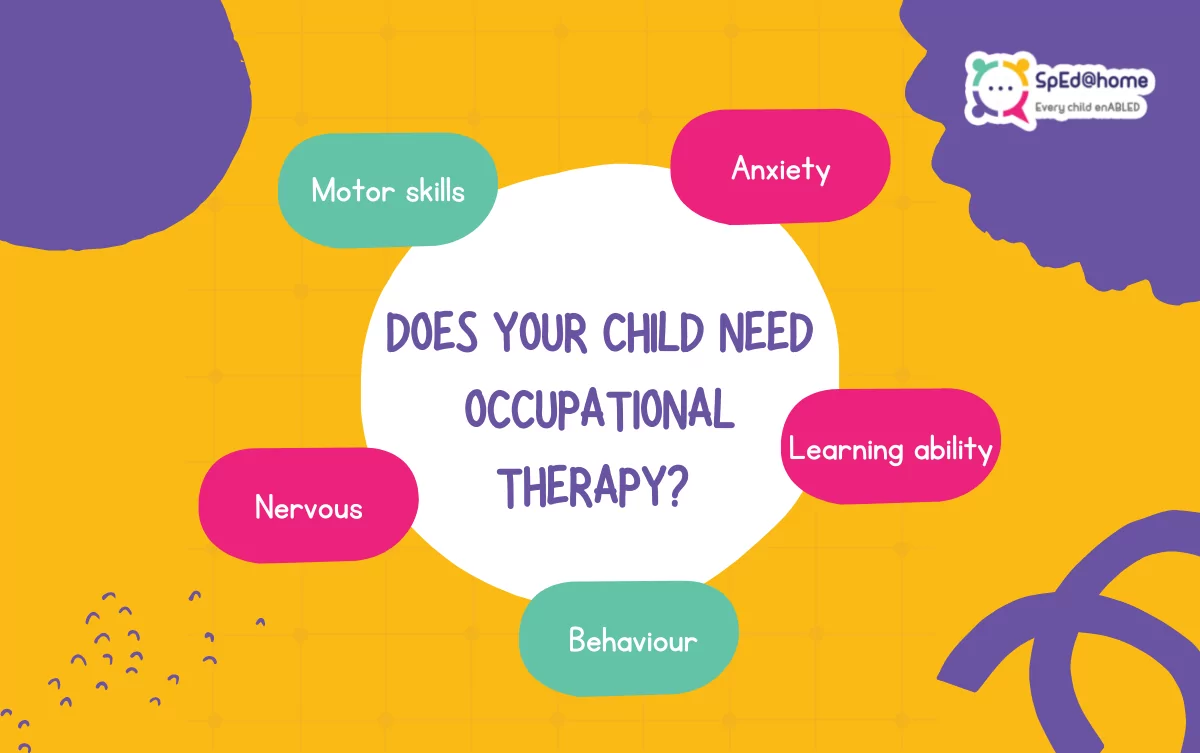Child Development Assessment: Tracking Growth and Spotting Delays Early
Every parent wonders if their child is growing and learning at the right pace. While children develop at different rates, there are certain milestones in movement, communication, social skills, and problem-solving that help track progress. A child development assessment can give parents clarity on whether their child is on track or needs extra support.
What is a Child Development Assessment?
A child development assessment is a comprehensive evaluation of a child’s physical, emotional, social, and cognitive growth. It is often carried out by pediatricians, psychologists, or developmental specialists.
The aim is to ensure that children are meeting age-appropriate milestones and to identify any delays in development that may benefit from early intervention.
Areas Covered in the Assessment
Child development assessments usually look at four key domains:
- Physical development – Growth, coordination, motor skills.
- Cognitive development – Thinking, memory, problem-solving.
- Language and communication – Vocabulary, speech clarity, understanding.
- Social and emotional development – Interaction with peers, managing emotions, independence.
This holistic approach ensures no aspect of the child’s growth is overlooked.
Why is it Important?
Early detection of developmental delays can make a big difference in a child’s future. Studies show that children who receive support before the age of 6 make greater improvements than those identified later.
Some common reasons parents seek a child development assessment include:
- Speech delays or unclear communication
- Difficulty with motor skills like walking, balancing, or holding a pencil
- Limited social interaction or difficulty making friends
- Trouble paying attention or following instructions
- Behavioral concerns like frequent tantrums or withdrawal
How the Process Works
A typical assessment may involve:
- Parent interview: Gathering background details about the child’s history and daily behaviors.
- Observation: Watching the child play, talk, and interact in natural settings.
- Standardized tests: Structured tasks to measure thinking, motor, and language skills.
- Feedback and report: A summary of findings with recommendations for next steps.
Benefits for Parents and Children
- Peace of mind: Knowing whether your child’s development is on track.
- Guidance: Clear steps for supporting areas where your child struggles.
- Early support: Access to therapies like speech, occupational, or behavioral intervention.
- Stronger foundations: Preparing your child for school and lifelong learning.
Taking Action Early
If you’ve noticed delays or simply want reassurance, a child development assessment can provide valuable insight. It empowers parents with knowledge and ensures children receive the support they need to reach their full potential.

